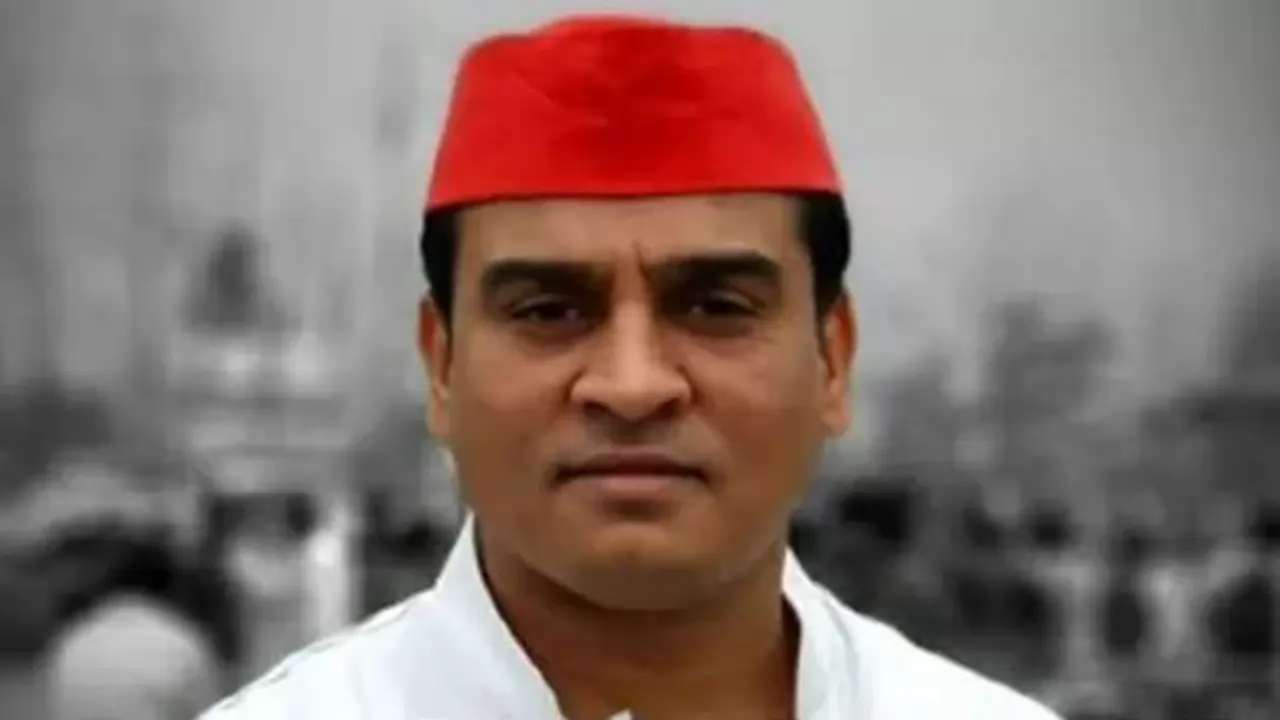
In a significant legal development, Uttar Pradesh leader and Samajwadi Party MLA Irfan Solanki was sentenced to seven years in prison for his involvement in an arson case in Kanpur's Jajmau area. The verdict was handed down by the MP-MLA court of Kanpur, which also sentenced Solanki's brother Rizwan Solanki and three other co-accused. Each of the convicted individuals was fined Rs 2,000.
This conviction will likely result in Solanki losing his seat in the Uttar Pradesh Assembly. According to existing legal provisions, any legislator sentenced to two years or more in prison is automatically disqualified from holding office. Solanki's recent sentencing meets this criterion, thus necessitating a by-election to fill his vacated seat.
The case dates back to November 2022 when a widow, Nazir Fatima, filed an FIR at the Jajmau police station. She accused Irfan Solanki, his brother Rizwan, and three others of conspiring to set her house on fire in a bid to seize her land. The charges were filed under multiple sections of the Indian Penal Code, including 436 (mischief by fire or explosive substance with intent to destroy house), 506 (criminal intimidation), and 120B (criminal conspiracy).
A pivotal hearing took place on June 1, with the accused presented in court. Irfan Solanki attended the proceedings via video conferencing from Maharajganj jail, while the others appeared in person. The court found all accused guilty on June 3, leading to the sentencing announced subsequently.
The arson incident has drawn significant attention, highlighting issues of land disputes and criminal conduct among political figures. Solanki's imprisonment not only marks a personal and political setback but also underscores the judiciary's role in holding public officials accountable for criminal actions.





Copyright © 2026 Top Indian News
